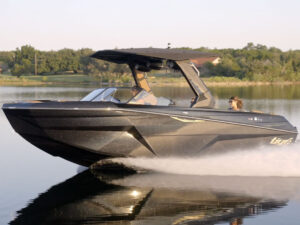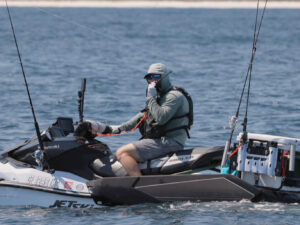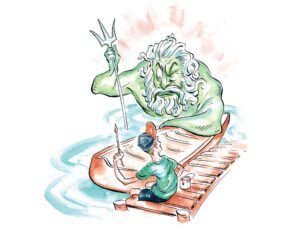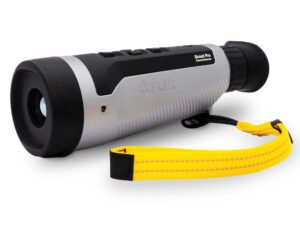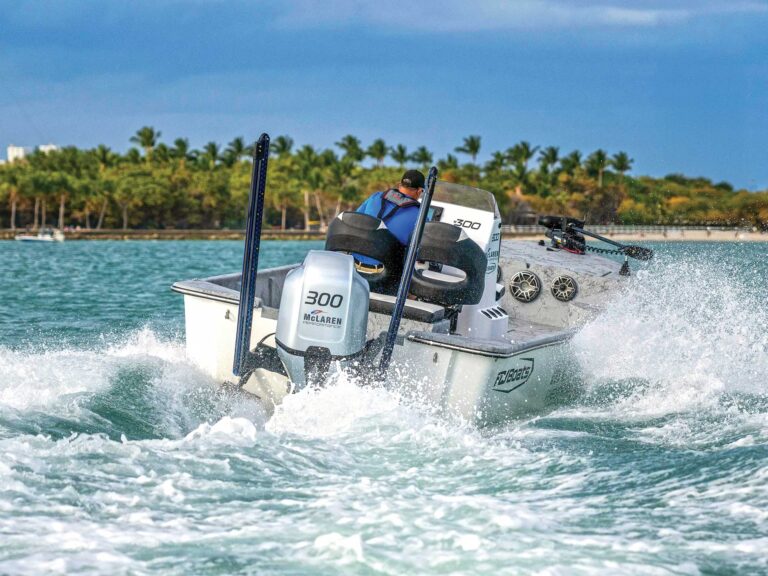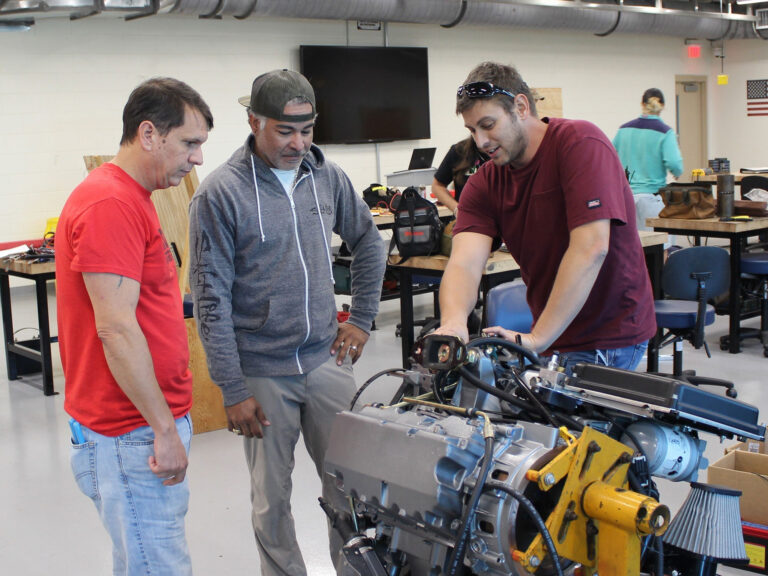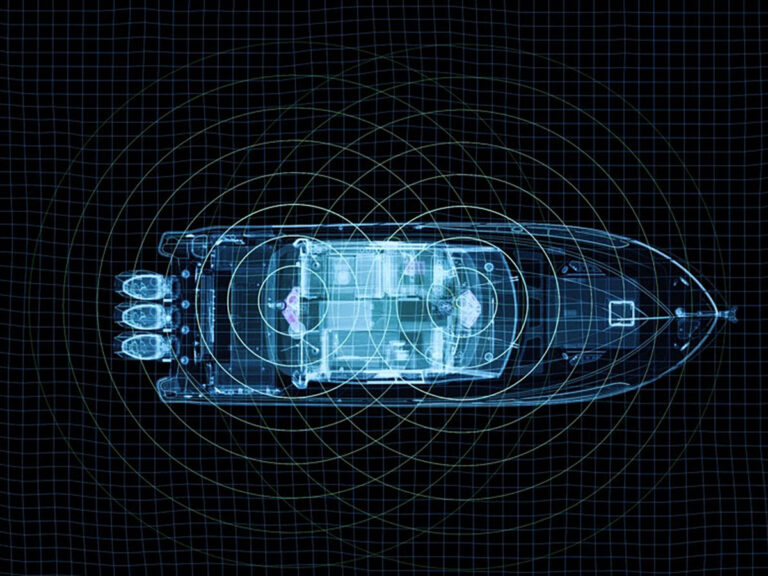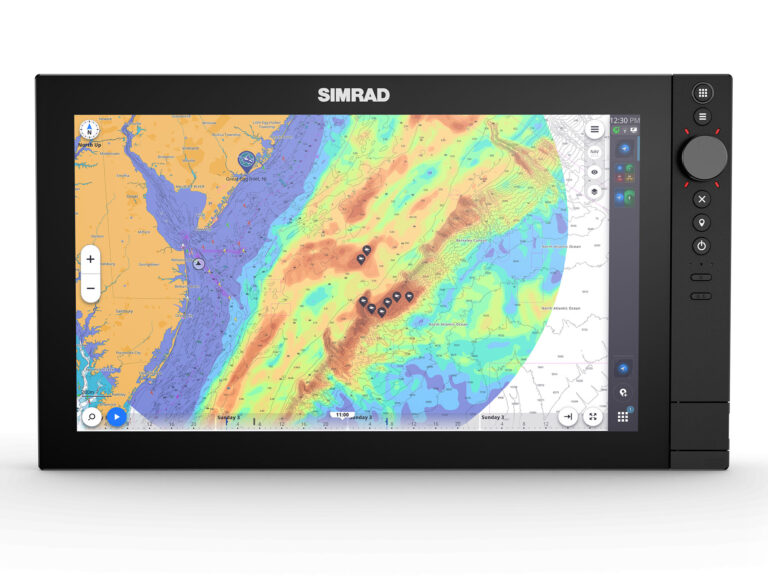
It’s no secret that the great collective eye of boaters remains focused upon outboard-powered boats of every description. While that’s been going on, watersports boats powered by V-drive inboard engines and also by sterndrive variants have advanced by leaps and bounds, albeit largely unseen by the great majority of boaters. If you count yourself a boat aficionado—and we know from many years of your correspondence and from meeting many of you on the water and at boat shows that you do consider yourself boat nuts—well, you owe it to yourself to see these boats up close and personal. They really are special.
Start with a dockside look. The striking lines of most watersports boats represent more than just aesthetics. The shapes are derived from the boats’ mission requirements, one of which is to carry a crowd. Hence, many sport broad pickle-fork bows to allow for outsize lounging opportunities, which, shortly after adoption aboard tow boats, began showing up in new releases from some of the most popular runabout builders. Those reverse sheerlines that dip forward? They prove beneficial to forward visibility aboard boats intended to spend much of their time running at 11 or 12 mph.
Sit in the helm seat of a watersports boat. Chances are it’s upholstered in a dark fabric that looks great but doesn’t get ungodly hot. It’s not made from your daddy’s vinyl. It’s predominantly aboard watersports boats that boaters find high-tech fabrics that don’t get blistering hot in the sun.
While at the helm, inspect the gauges. Chances are, you will be met with a touchscreen multifunction display (or two) instead of dials or read-only digital displays. While most new cruisers and fishing boats boast touchscreens, watersports boats led the way and incorporated this technology years ago, often with systems and screens proprietary to the boatbuilder.
Light up those screens and you’ll find a range of systems controls at your fingertips. Wave- and wake-shaping systems come in myriad forms, including side- and aft-mount trim tabs, hydrofoils and multilocation water-ballast bags or tanks. Expert boat drivers (as captains or skippers are usually referred to in the watersports realm) manipulate these systems and devices to optimize the boat’s ride and attitude, which in turn delivers the desired wake or wave size and shape for each individual rider in the crew. Watersports boatbuilders developed custom software enabling different profiles to be saved in memory for different riders. In this way, even less-experienced drivers can dial in a great ride.
Engines? Watersports boat companies either marinize their own engines—for example, Malibu’s Monsoon engines—or utilize engines designed to spec to deliver the characteristics needed to fill the specific mission these boats perform.
Think it’s easy to spray sparkle gelcoat? Finishes, audio, towers, trailers and hull design are other areas in which watersports boat companies have moved the recreational boatbuilding needle. As one boat nut to another, I encourage you to take a look.

